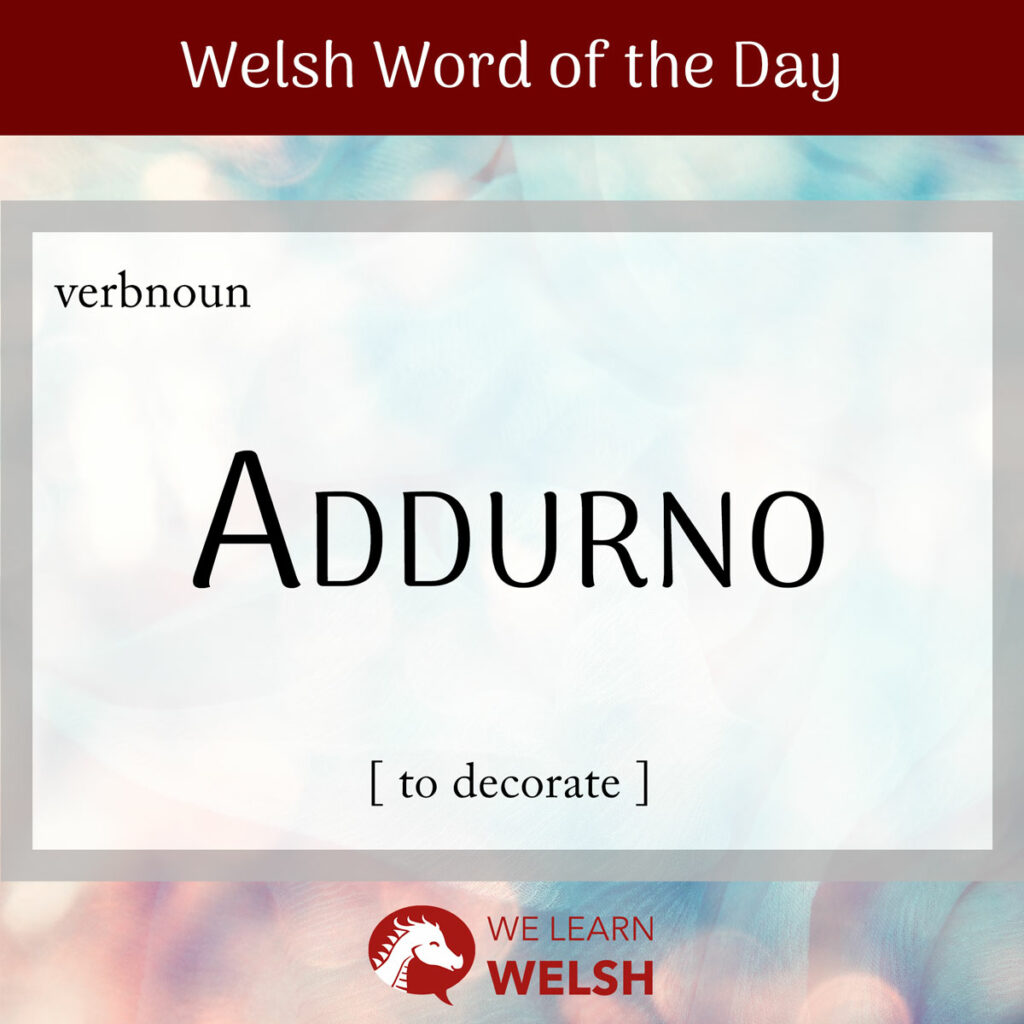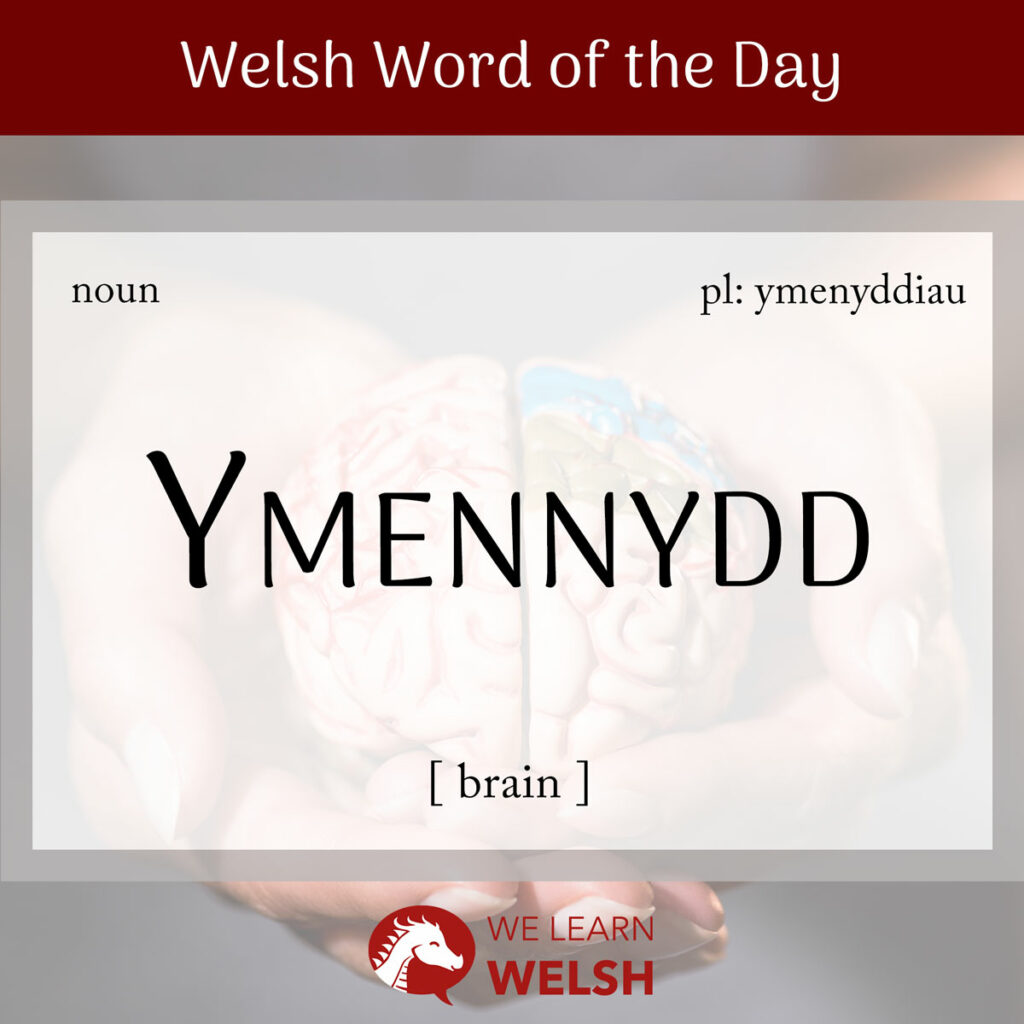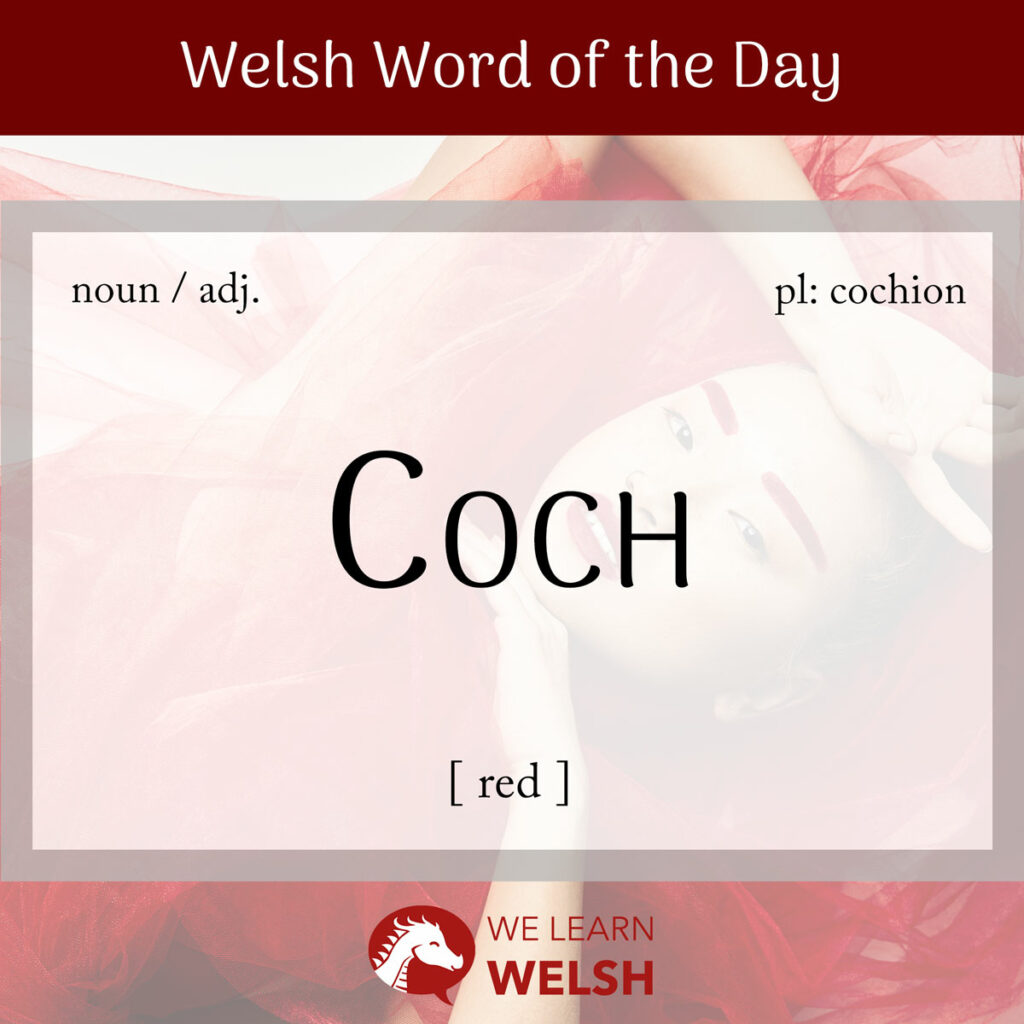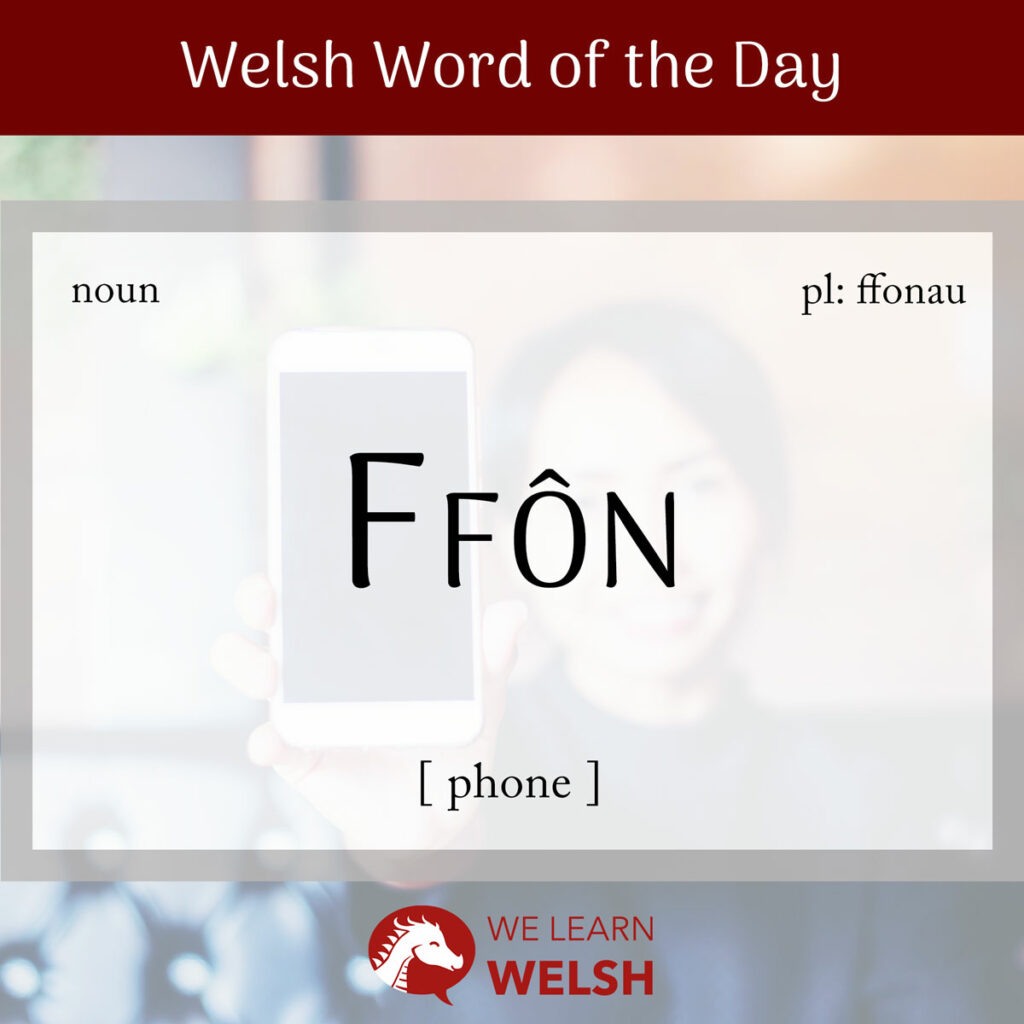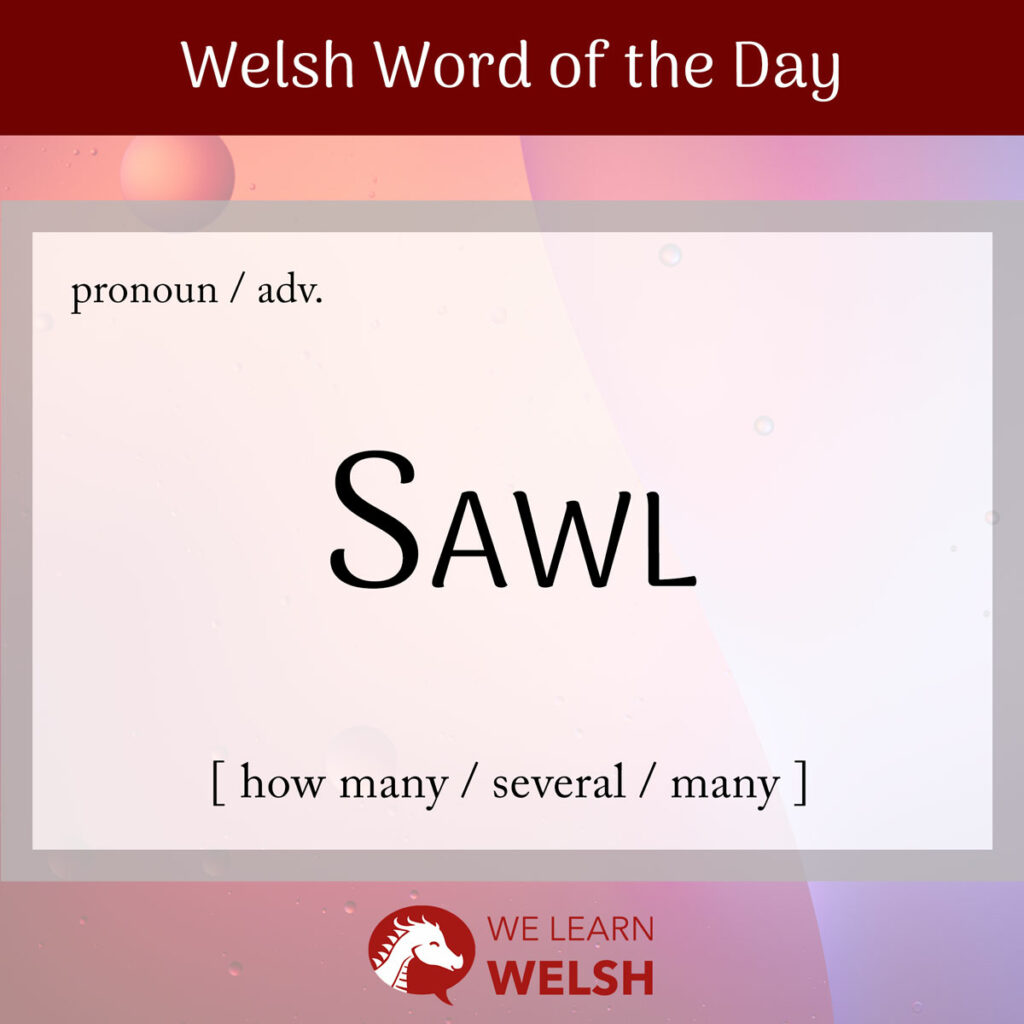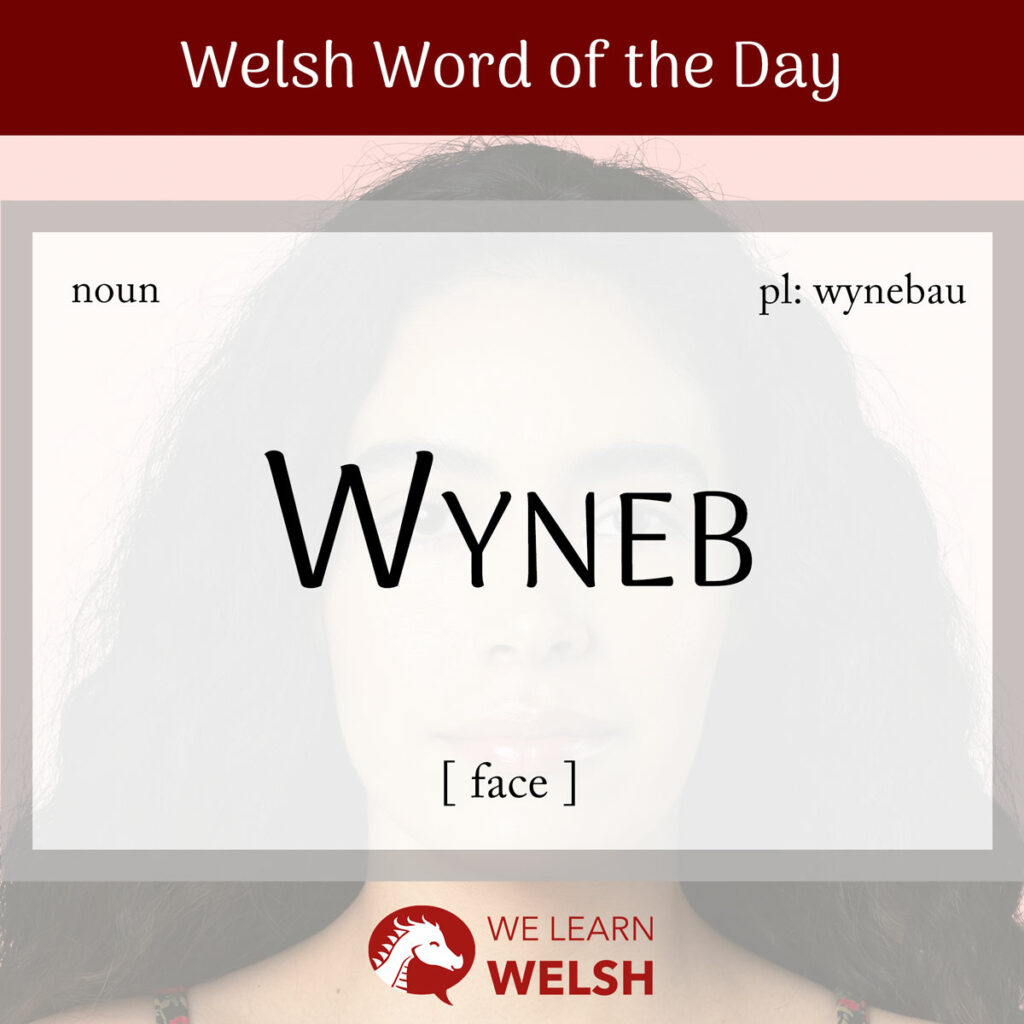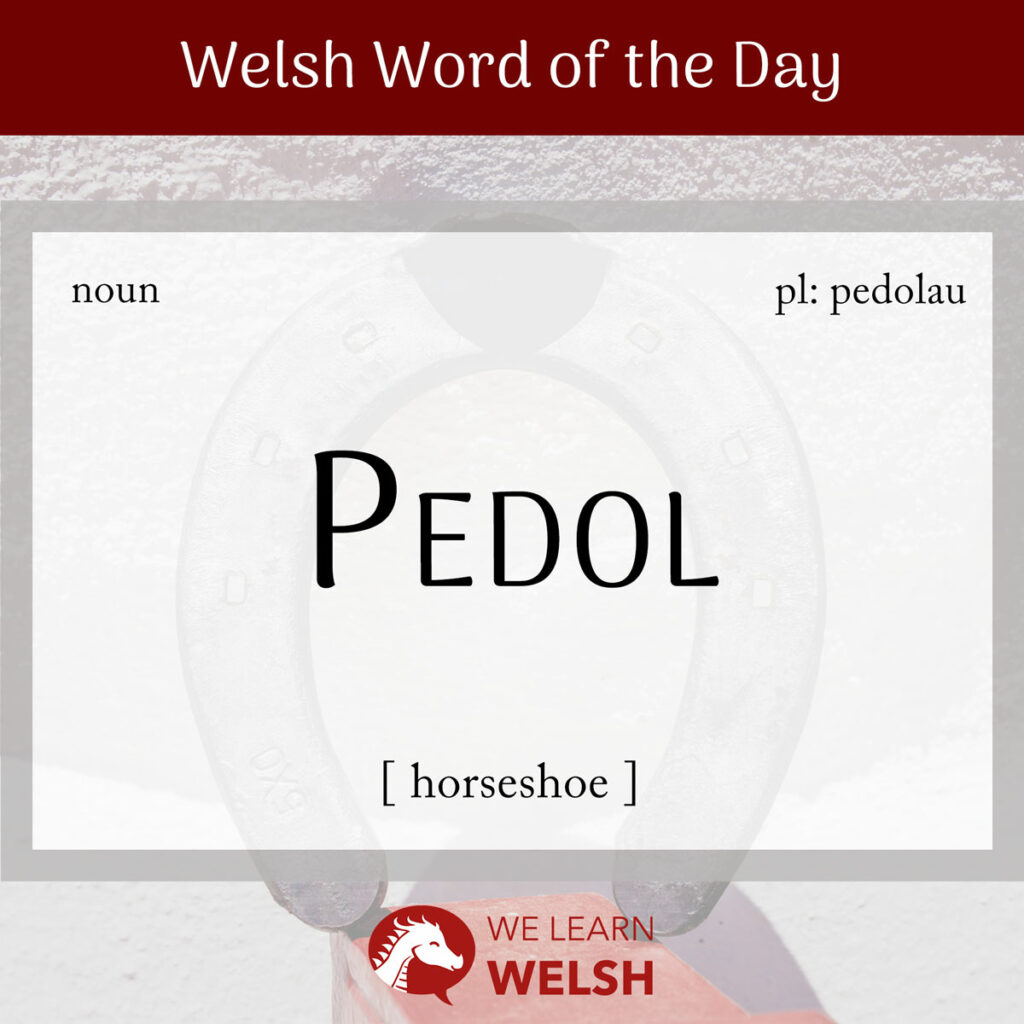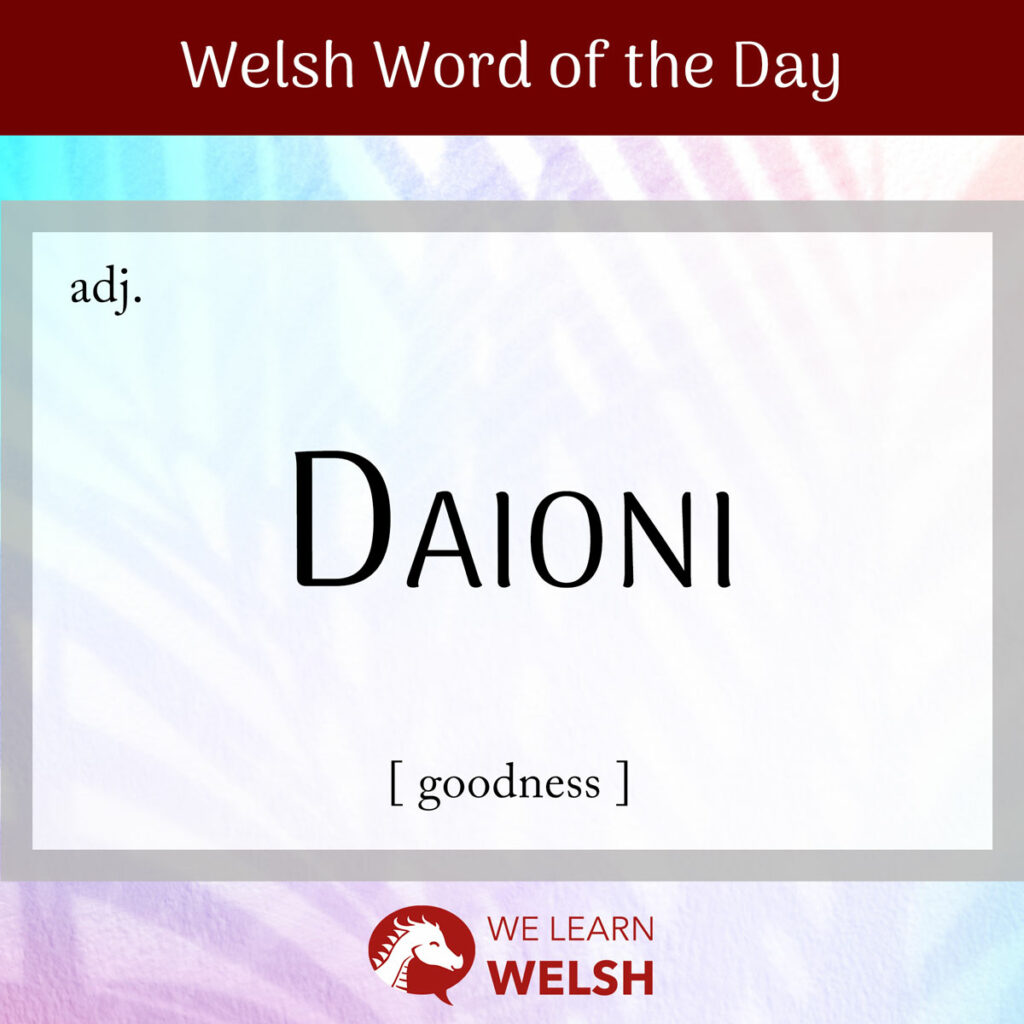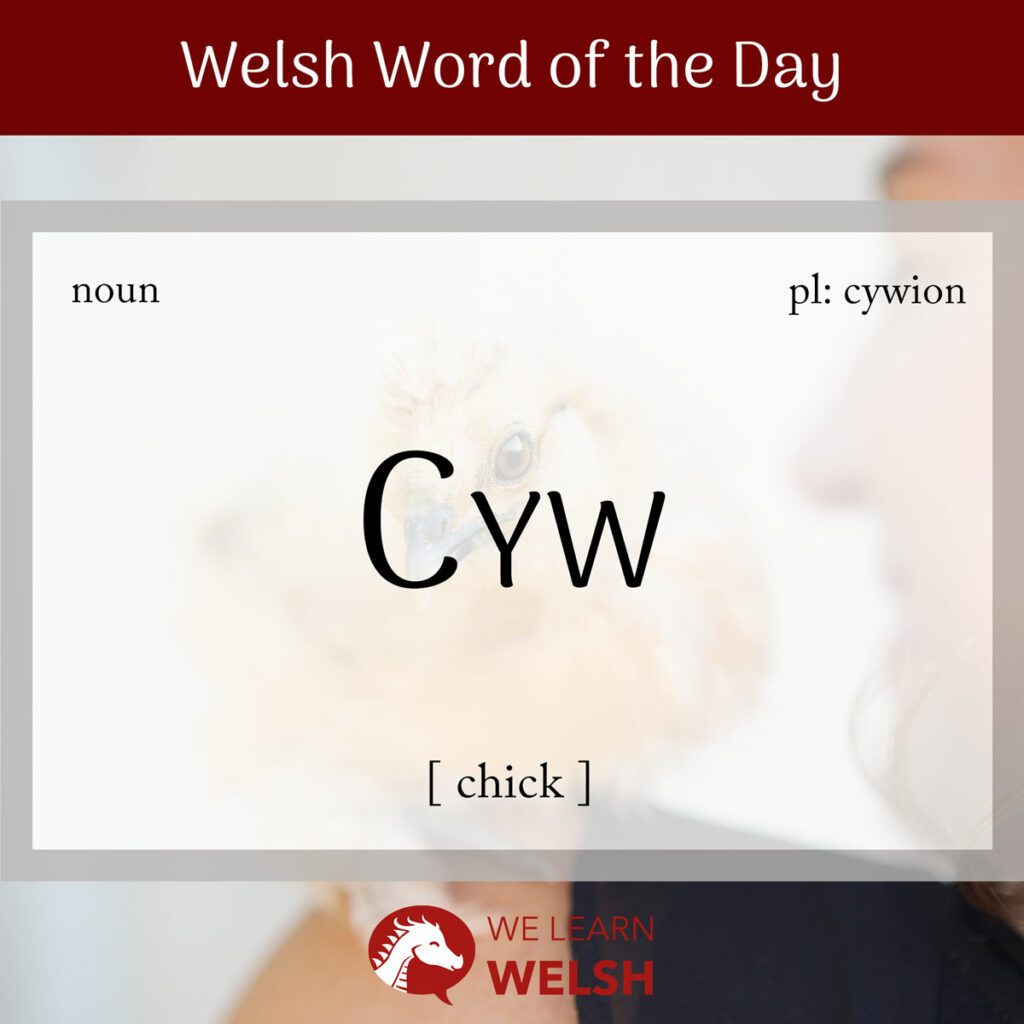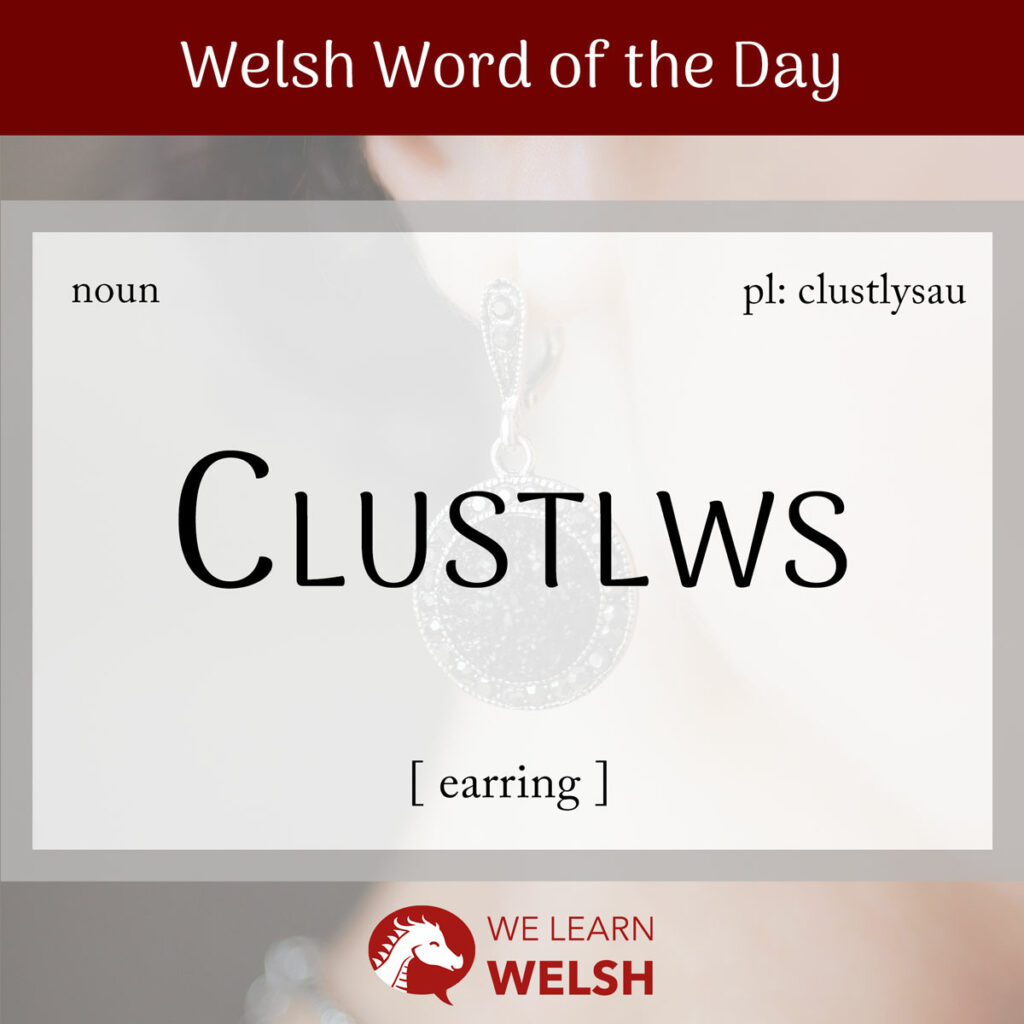Welsh Word of the Day: Addurno (to decorate)
At Nadolig (Christmas) and Pasg (Easter), many people take the time to meticulously addurno (decorate) their cartrefi (homes), gerddi (gardens), and even places of gwaith (work) in accordance with the tymor (season). addurno to decorate You may notice that addurno looks and sounds a little bit like the English word adorn. They are indeed cognates …

